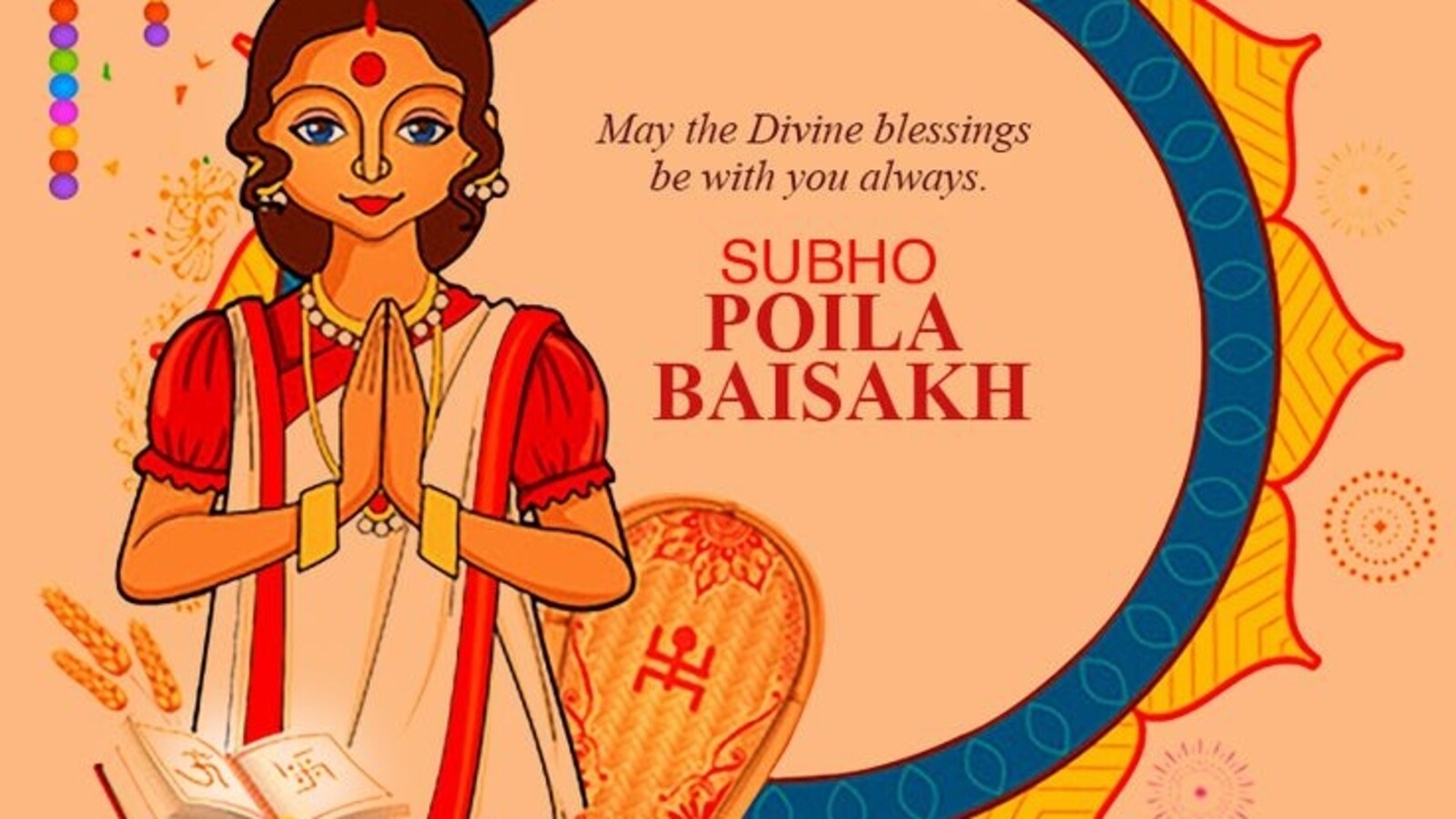
[ad_1]
One of the most special festivals of the Bengali community, Poila Baisakh or Pohela Boishakh, marks the first day of the initial month of Baishakh of the Bengali solar calendar and announces the commencement of the Bengali New Year or Nobo Borso. It is celebrated with much pomp in West Bengal and Bangladesh and also happens to be a national holiday in Bangladesh while coinciding with other regional festivals in India like Baisakhi in Punjab, Vishu in Kerala, Puthandu in Tamil Nadu and Bihu in Assam.

Date:
This year, Pohela Boishakh will be observed on Sunday, April 14.
History and significance:
Several theories are believed to be the origin of Poila Baisakh. It is believed that during the Mughal rule, the collection of taxes was followed with the Islamic Hijri calendar – the lunar calendar which did not coincide with the solar agricultural cycles.
Hence, Bengalis introduced this festival, and the Bengali calendar came to be known as the Bangabda. Another theory states, the Bengali calendar is attricuted to King Shashanka and the mention of Bangabda is found in two Shiva temples, indicatimng that it originated before the Akbar era.
The Bengali calendar begins with Boishakh or Baisakh and as it coincides with the harvest season, the name of Bengali New Year is Pohela Boishakh. According to Drik Panchang, King Shoshangko of ancient Bengal is credited with starting the Bengali era and the starting point of the Bengali era is estimated to be in 594 in the Gregorian calendar.
Celebration:
Poila Baisakh is celebrated by the Bengali communities of West Bengal, Assam and Bangladesh where people buy new clothes and gifts for their near and dear ones on this day. They also prepare Poila Baisakh-special delicacies at home and get together with their loved ones to relish the dishes together.
Some people also visit the temple and perform puja to seek the blessings of gods and goddesses to start the new year on the right note. People, on this day, greet each other saying Shubho Nobo Borsho, translating to Happy New Year.
People pray to god on the auspicious occasion of Pohela Baisakh for blessing them with a good harvest. It also marks a significant day for commerce as traders observe the beginning of the new accounting year by opening the new accounts book called the Haal Khaata.
People celebrate Pohela Boishakh by spending time with their loved ones, visiting fairs, cleaning their houses and wearing new clothes. People also decorate their homes with traditional designs called alpona while several delicacies, including ilish maach, dhokar dalna, rice, sweets and chanar dal, are prepared to welcome the New Year.
The day is spent in the company of family members, friends, near and dear ones. Poila Baisakh also brings the promise of a better tomorrow and the hope of prosperity, joy, health and wealth.
[ad_2]
Source link








